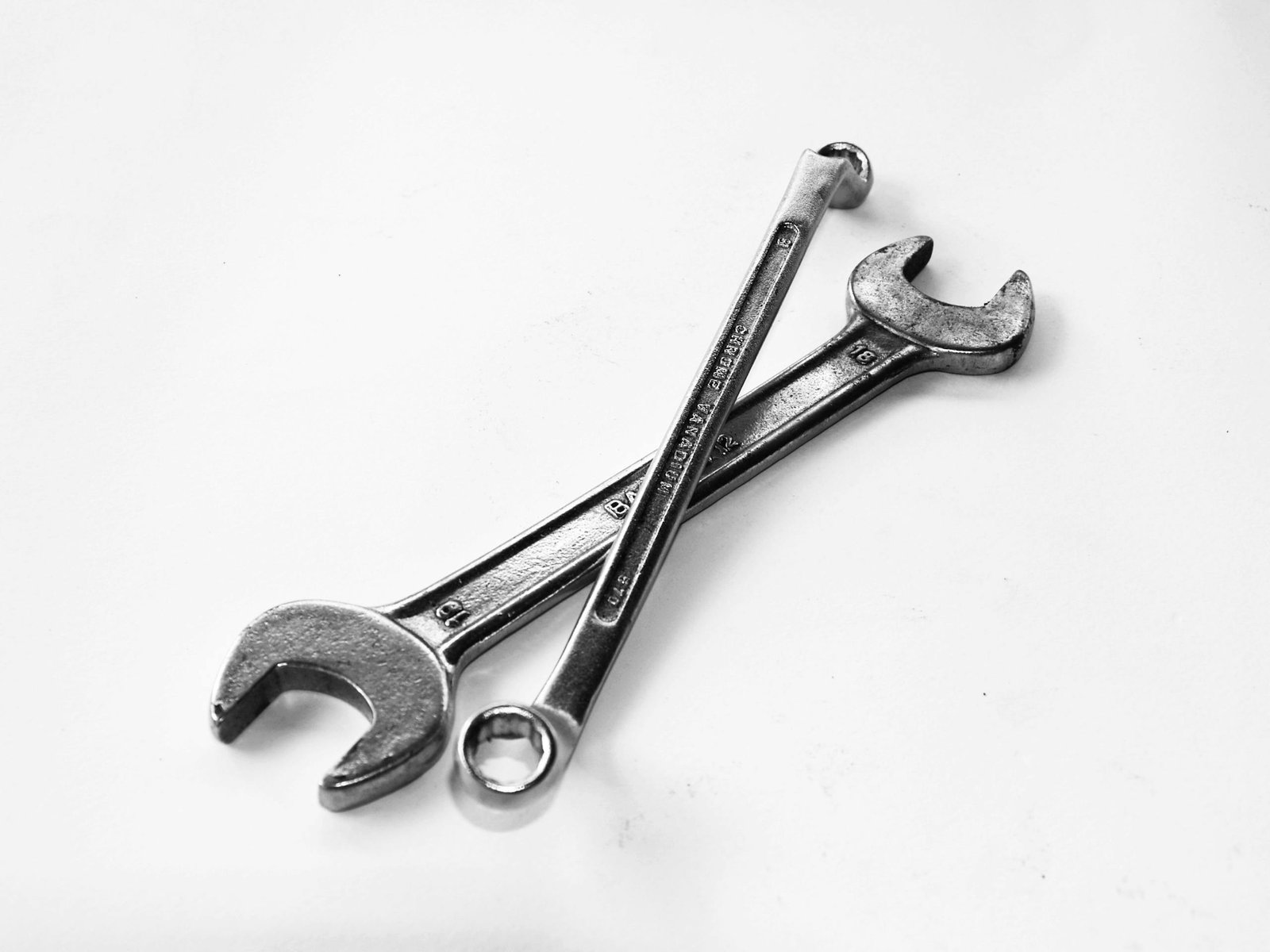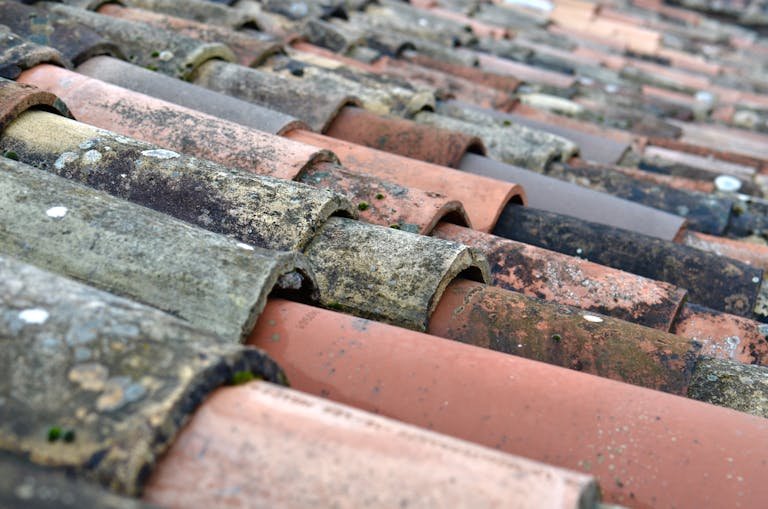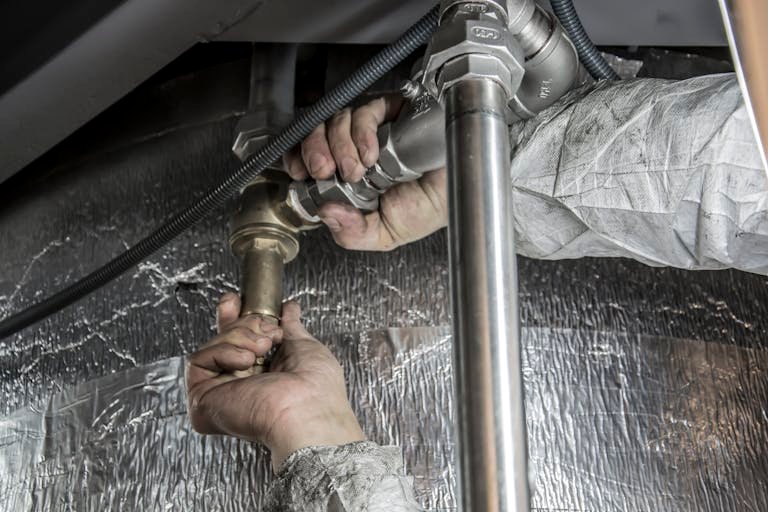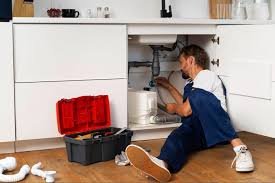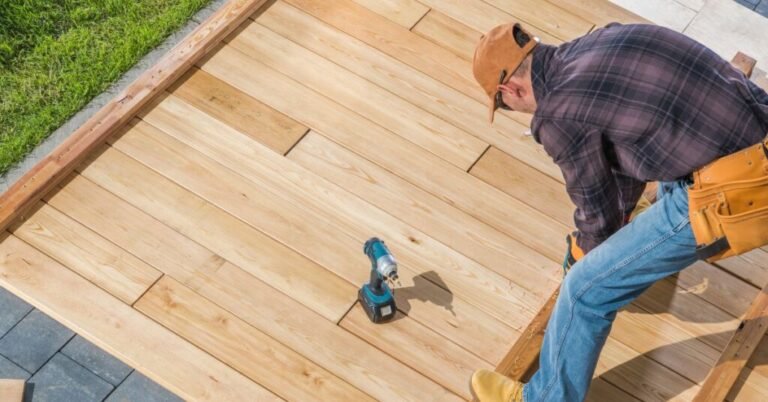Water pressure is one of the most crucial yet often overlooked factors that can affect the health of a home’s plumbing system. When water pressure is too high or too low, it can lead to a range of issues that compromise the efficiency and longevity of pipes, fixtures, and appliances. Homeowners may not immediately notice problems related to water pressure, but over time, even slight imbalances can cause significant damage or costly repairs. The Quincy office provides valuable services to help homeowners identify and address water pressure issues before they become serious. We will explore the impact of water pressure on your plumbing system, the signs of improper water pressure, and how maintaining the right pressure can save you from potential headaches.
Impact of water pressure on your plumbing system
- The Effects of High Water Pressure
High water pressure might seem like a blessing when it comes to strong showers or quick-filling sinks, but it can wreak havoc on your plumbing system over time. Excessive water pressure strains pipes, joints, and fixtures, leading to leaks, ruptures, and even the potential for pipe bursts. The constant force of water moving through the system at high pressure can erode the interior of pipes, gradually wearing them down until they fail.
Appliances connected to the plumbing system, such as dishwashers and washing machines, are also vulnerable to damage from high water pressure. These appliances are designed to operate within specific pressure ranges, and exceeding these limits can shorten their lifespan. For instance, the seals and valves inside a washing machine can deteriorate more quickly under high pressure, leading to leaks or mechanical failure.
In homes where water pressure consistently runs too high, it’s essential to install a pressure regulator. This device helps to reduce the incoming pressure from the municipal supply to a safer level, protecting the entire plumbing system. Homeowners should also be vigilant in checking for signs of high water pressure, such as noisy pipes, dripping faucets, or frequent leaks, which could indicate that the pressure needs to be adjusted.
- The Risks of Low Water Pressure
While high water pressure can cause problems, low water pressure presents challenges that can affect daily comfort and convenience. If water trickles out of faucets or takes ages to fill a bathtub, the plumbing system might suffer from low pressure. This issue can be particularly frustrating when trying to complete everyday tasks like washing dishes or showering.
Low water pressure can stem from various causes, including clogged pipes, mineral buildup, or issues with the municipal water supply. Sometimes, the plumbing system may have small leaks that go unnoticed but gradually reduce the pressure. Corroded pipes are another common cause of low water pressure, which can restrict water flow over time, reducing pressure throughout the house.
One of the most significant impacts of low water pressure is on water efficiency. With reduced pressure, it takes longer to perform tasks, meaning you may use more water than necessary. For example, a slow-filling toilet or sink can waste time and increase water consumption. In extreme cases, low pressure can affect appliances like water heaters, causing them to operate less efficiently or even fail to heat water properly.
To address low water pressure, it’s important to identify the underlying cause. This might involve inspecting the pipes for leaks, checking for blockages, or contacting the water utility to ensure there are no external issues. In some cases, upgrading outdated pipes may be necessary to restore proper pressure levels.
- How Water Pressure Affects Pipe Longevity
The longevity of a home’s plumbing system depends significantly on maintaining the correct water pressure. Both high and low water pressure can reduce the lifespan of pipes, leading to expensive repairs or replacements down the line. As mentioned earlier, high pressure accelerates the wear and tear on pipes by subjecting them to continuous stress. This can cause pinhole leaks to develop in copper pipes or even burst pipes in more extreme cases.
On the other hand, low water pressure can indicate underlying issues, such as blockages or corrosion that may damage the pipes over time. When mineral deposits partially block pipes, water flow is restricted, causing increased pressure within certain system sections. This uneven pressure distribution can weaken the integrity of the pipes and contribute to leaks or cracks.
Regular maintenance, including checking water pressure levels, can help homeowners avoid major plumbing issues. It’s also important to be aware of how changes in water pressure can signal potential problems with the plumbing system. Addressing these issues early on can prevent the need for more extensive repairs and extend the life of the pipes.
- Maintaining Balanced Water Pressure for Optimal Performance
Balanced water pressure is crucial for ensuring that all aspects of a plumbing system function efficiently. Whether washing dishes, doing laundry, or showering, having the right water pressure means everything works as it should. Moreover, balanced pressure prevents unnecessary stress on pipes and appliances, reducing the risk of damage and prolonging the life of your plumbing system.
Installing a pressure regulator can help maintain balanced water pressure, especially in areas where the municipal water supply fluctuates. A pressure gauge can also monitor water pressure levels, ensuring they stay within the recommended range. Most residential plumbing systems function optimally with pressure between 40 and 60 psi (pounds per square inch). If the pressure falls outside this range, adjustments may be necessary.
In addition to installing pressure-regulating devices, homeowners should proactively maintain their plumbing system. Regularly checking for leaks, inspecting pipes for signs of wear, and ensuring that appliances are compatible with the home’s water pressure can all contribute to a well-functioning system. Addressing water pressure issues early on can prevent minor problems from escalating into costly repairs.
Water pressure plays a critical role in the overall health and performance of a home’s plumbing system. Whether the pressure is too high or too low, it can lead to various issues that compromise the functionality and longevity of pipes, fixtures, and appliances. By maintaining balanced water pressure, homeowners can ensure that their plumbing system operates smoothly and efficiently. Regular maintenance, monitoring, and, when necessary, adjustments to the water pressure are key to avoiding major plumbing problems down the road. Understanding how water pressure affects your plumbing system can save you from costly repairs and extend the life of your home’s plumbing infrastructure.

